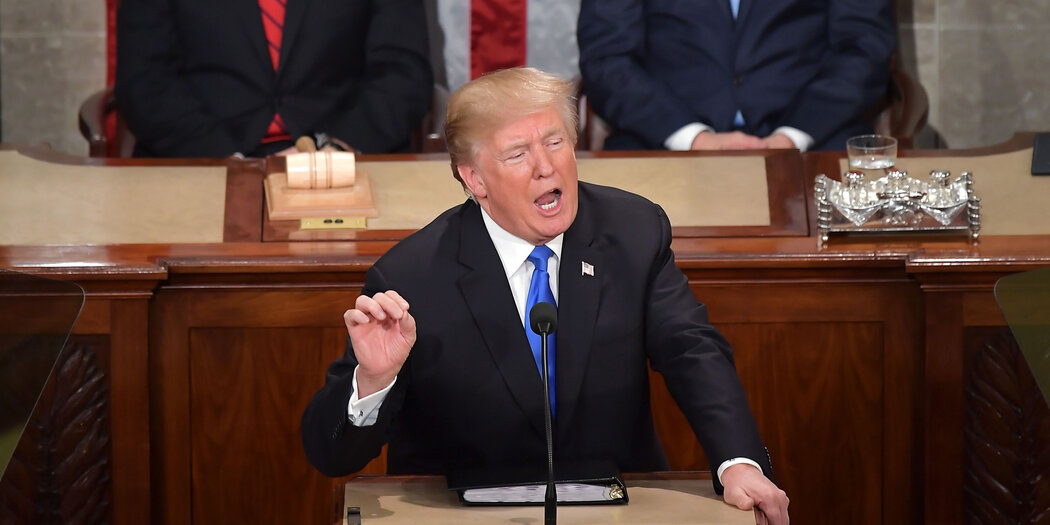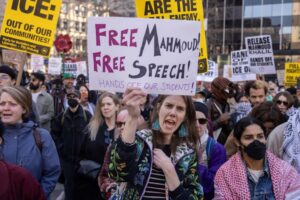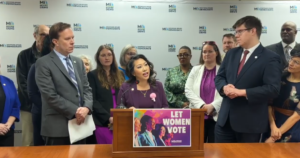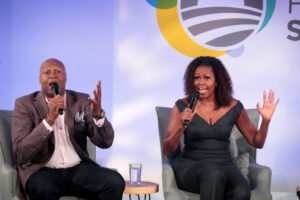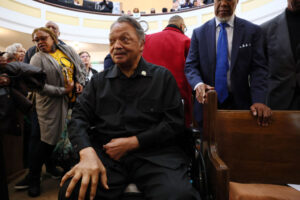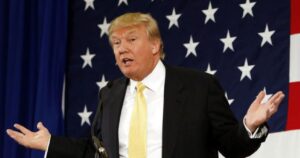Presidential addresses to Congress often captivate audiences with their unique blend of political theater and democratic tradition. For those who have been involved in crafting these speeches, such as former chief speechwriter for Bill Clinton, Michael Waldman, the event is a complex display of political dynamics, with lawmakers reacting viscerally to the president’s words. Despite its theatrical nature, the event remains a significant opportunity for citizens to witness the interaction of the three branches of government, transforming the abstract concepts of checks and balances into tangible human interactions.
This year’s address, however, stands out due to a recent shift in the president’s stance, aligning more closely with authoritarian regimes. Historically, presidential speeches to Congress have been platforms to articulate the United States’ commitment to democratic ideals and its role as an international beacon of freedom. From Woodrow Wilson’s Fourteen Points to Franklin Roosevelt’s Four Freedoms, these addresses have reinforced America’s dedication to global leadership in democracy.
Roosevelt’s powerful assertion against tyranny highlighted the nation’s resistance to isolationist and fascist tendencies, encapsulated in his stand against the first “America First” movement. This historical context underscores the weight of the presidential address in shaping national and international perceptions of American values.
The Constitution mandates the president to report on the “State of the Union,” underscoring Congress’s intended prominence as the preeminent branch of government. The framers designed this requirement to prevent any resemblance to monarchical power. Yet, over time, these addresses have evolved into partisan displays, with lawmakers often reduced to cheering sections.
In recent years, tensions have surfaced between the branches during these addresses. When former President Barack Obama criticized the Citizens United decision for enabling corporate money in politics, Justice Samuel Alito visibly disagreed, highlighting the growing politicization of the Supreme Court. The Court’s current credibility is precarious, especially following the controversial ruling in Trump v. U.S. that granted presidents significant legal immunity. Justice Sonia Sotomayor’s dissent emphasized the ruling’s contradiction to the principle that no one is above the law.
This term, the Supreme Court faces critical cases that could redefine presidential powers and the role of Congress. The outcomes will reveal whether the Court will uphold the rule of law or lean toward the “unitary executive theory,” which posits that the president has unrestricted control over the executive branch. The decisions made will be pivotal in determining the future of the United States’ democratic experiment and its adherence to constitutional principles.

